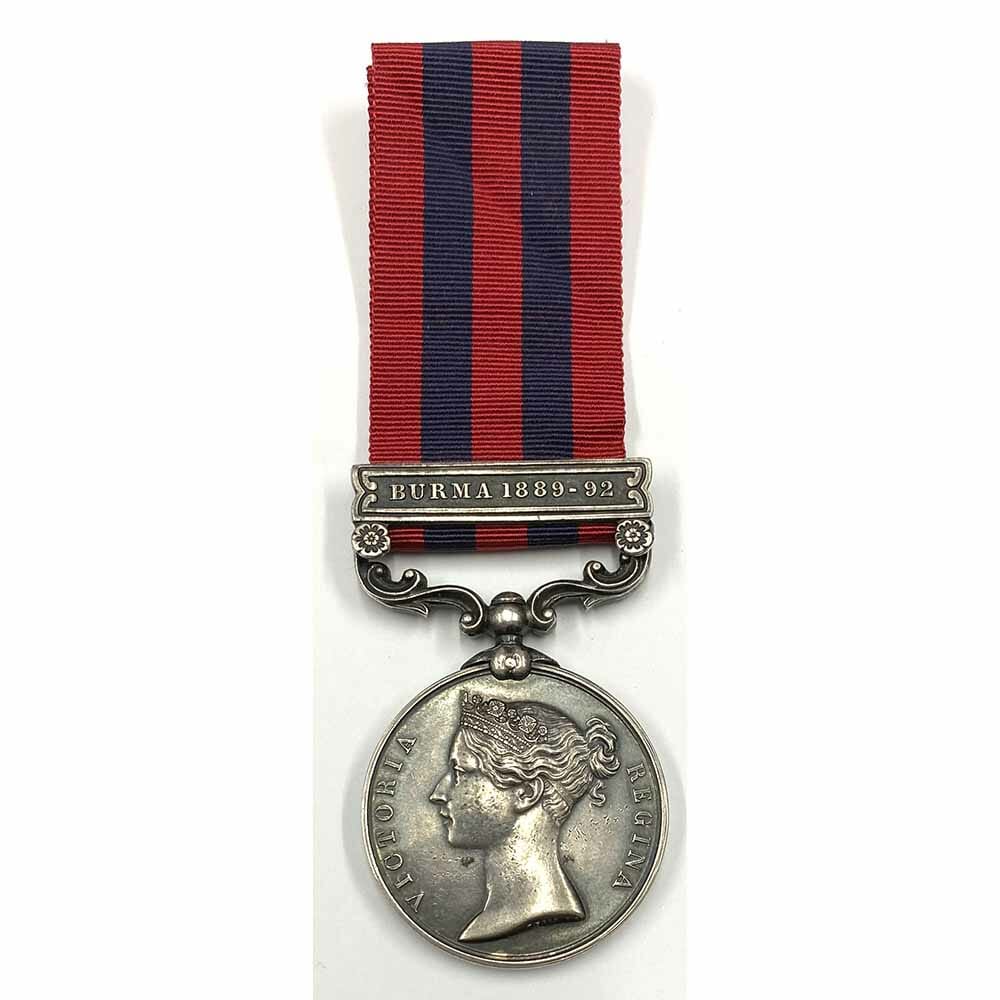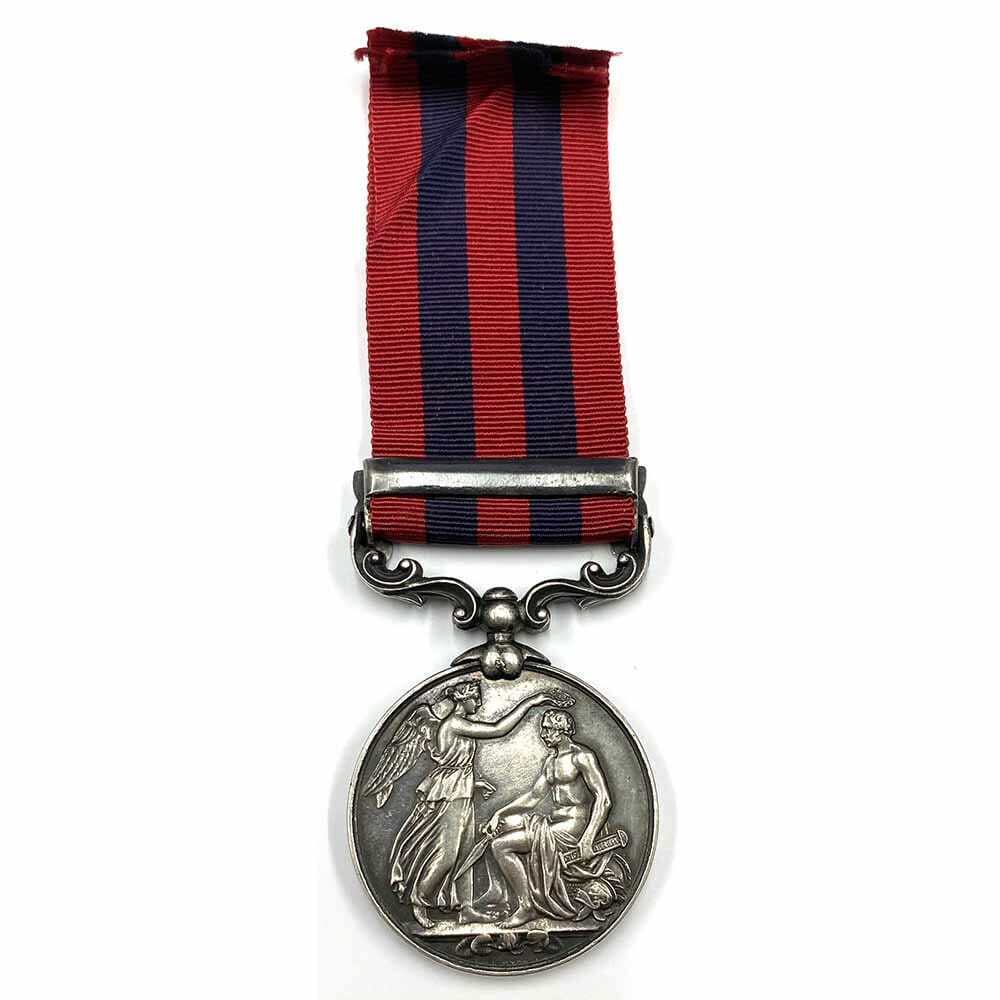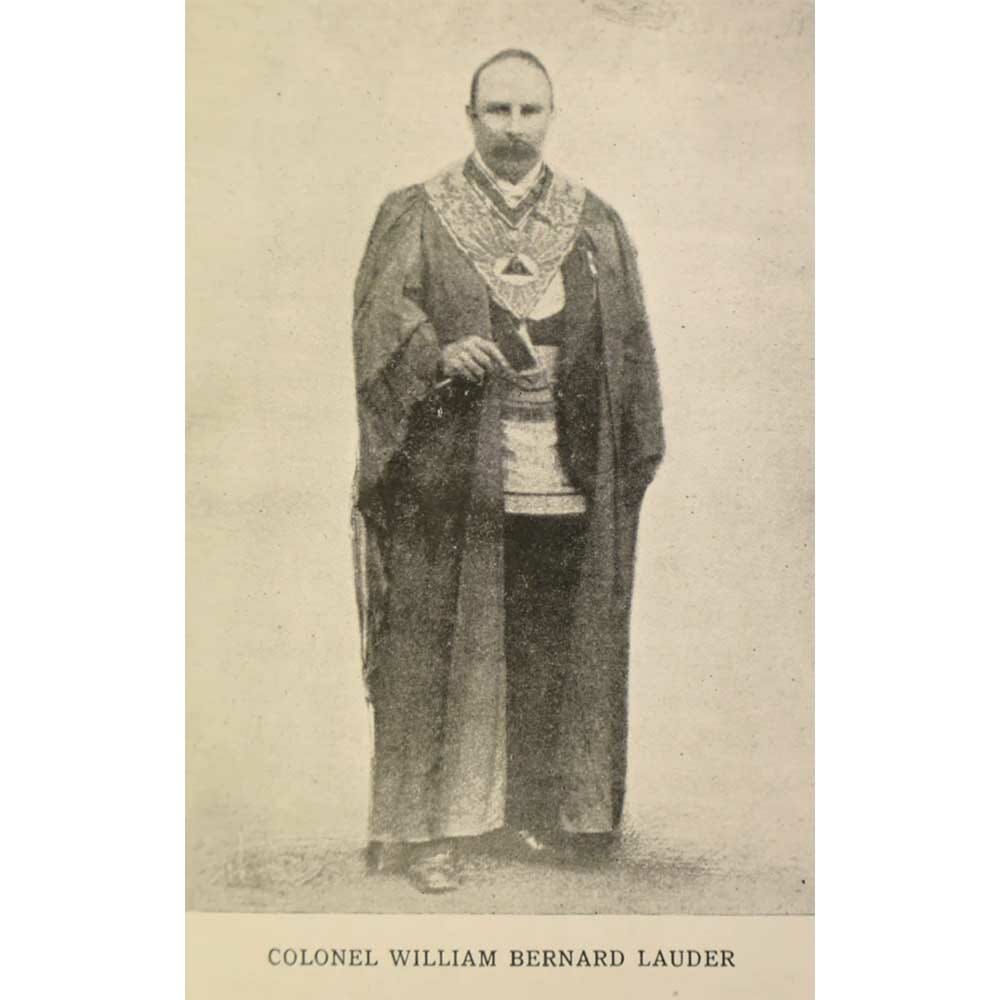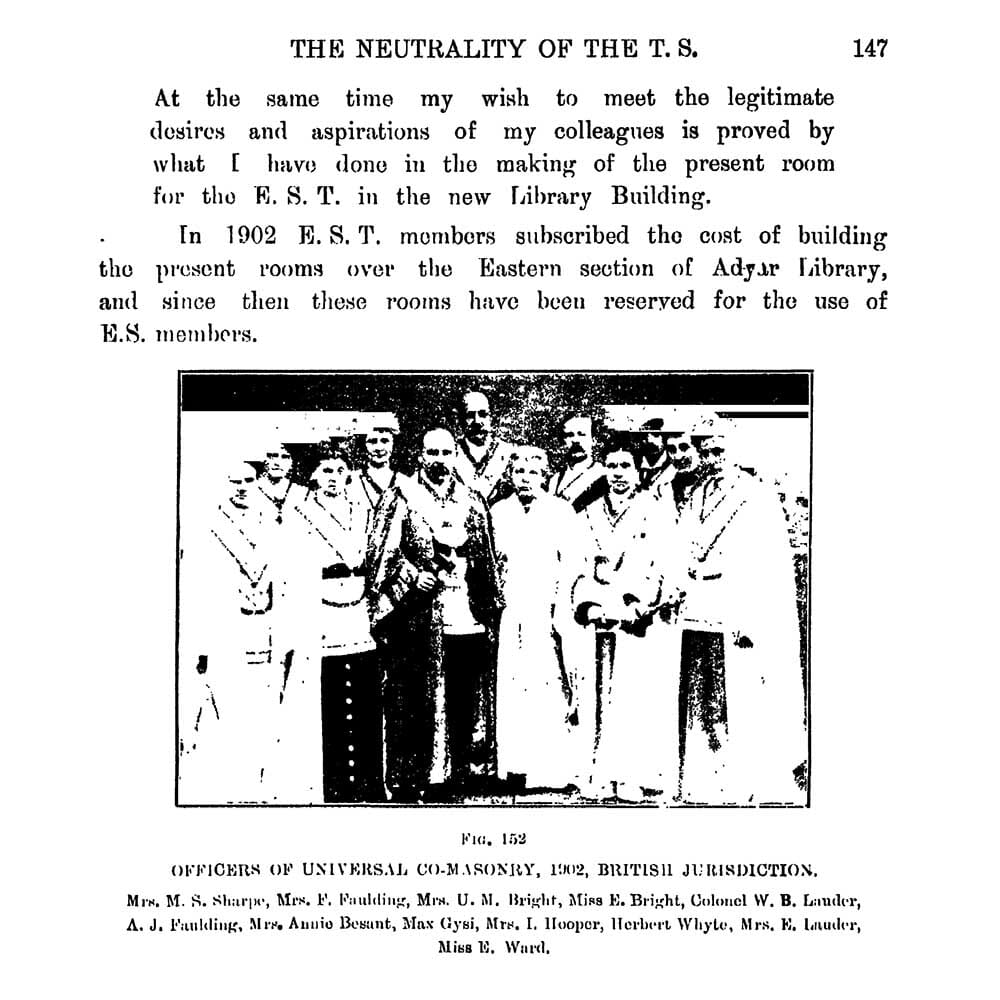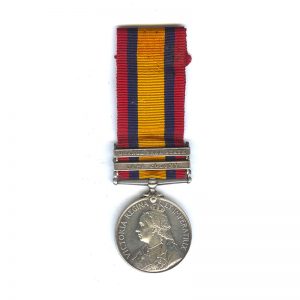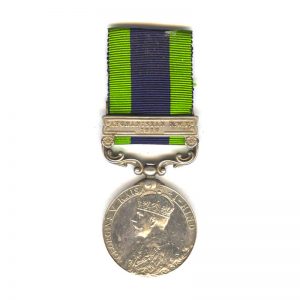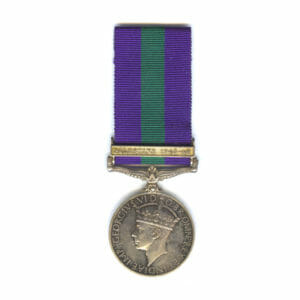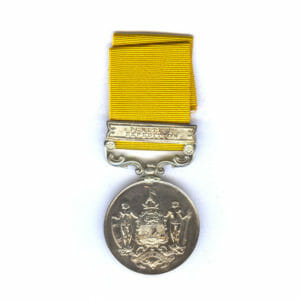Description
India General Service Medal, 1854, bar Burma 1889-92, Lieut W. B. Lauder C.B. C.M.G., 1st Devon Regiment, later Colonel awarded the CMG in 1918 as Chief Paymaster at the War Office and Office in Charge of all RAPC Records.
Officially engraved in script: “Lieut. W. B. Lauder. 2nd Bn Devon Regt” Minor official correction to “au” in Surname.
Provenance, ex Collection of Brigadier Brian Parritt, C.B.E., DNW 27th June 2007.
Colonel William Bernard Lauder, born on 26th June 1864, began his long and distinguished Military career as a Field Officer with the Devonshire Regiment. He was educated at Sandhurst and entered the Deovnshire Regiment as Lieutenant on 10th November 1886, he was with the regiment soon afterwards when he earned this medal and bar in Burma from 1889-92.
Afterwards he transferred to the Ordnance Store Department from 1894-96, joining the Army Pay Department in June 1896, shortly after becoming Paymaster at Portsmouth.
As he got older he later specialised as an Accountant joining the Royal Army Pay Corps permanently during 1901, then joining the Army Accounts Department when it was first established during 1905. He had been promoted Major and Staff Paymaster in 1903 followed by Lieutenant Colonel in 1908.
During WW1, he served at home and was appointed the Brevet of Colonel during February 1915 and was appointed to the role of Chief Paymaster at Hounslow.
He rose to the full rank of Colonel as was popular around London, He was awarded the Companion of the Order of St Michael and St George in the King’s Birthday Honours during 1918.
In 1924, whilst he was Chief Paymaster and Offer in Charge of all Royal Army Pay Corps Records at the War Office, he was awarded a Companion of the Order of the Bath, in the 1924 King’s Birthday Honours.
With a Military career spanning almost 40 years, he did not appear interested in retirement, he died in his role as Chief Paymaster in September 1924.
He had also become a prominent member of the Theosophical Society and was an early pioneer of Co-Freemasonry. His wife Evelyn was also a popular Theosophical Poet and was a Senior Deacon.
When the Theosophical Society was struck by a scandal during 1906, one of their leading members Leadbeater resigned from the Society, when followed by the early 1920s when James Ingall Wedgwood was accused of indecent activity, this lead to a number of documents being produced of evidence titled “The Gauntlett Statement”, “The Farrer Confession”, “The Martyn Letter”.
All these documents are still available to view, but Colonel Lauder was approached by many eminent society members to conduct a full investigation of Wedgwood and his Clergy. When he completed the “Lauder Report”, the document conveniently disappeared and no one knows what it truly contained.
